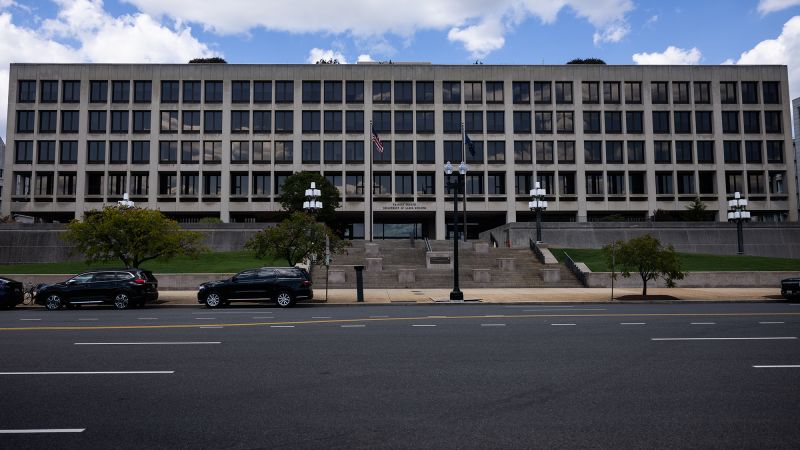
Trump routinely calls economic data ‘fake.’ Here’s why that’s dangerous
CNN
Federal economic data is one of the purest forms of infrastructure, says Erica Groshen, a former commissioner at the Bureau of Labor Statistics.
Federal economic data is one of the purest forms of infrastructure, says Erica Groshen, a former commissioner at the Bureau of Labor Statistics. “These data keep our economy running as much as roads and bridges do,” she said. Policymakers, businesses, organizations and other entities rely heavily on the vast trove of detailed data and long-running statistical trends to make investments and decisions — actions that ultimately affect people’s livelihoods. But that statistical infrastructure — which already has been in a precarious state in terms of funding, response rates and public trust — is now at greater risk of crumbling, warn Groshen and others. It remains to be seen how federal statistical agencies may fare under President Donald Trump, who has criticized economic data and seeks to rollback government programs; as well as in the age of DOGE, when the newly formed Department of Government Efficiency aims to streamline large swaths of the government. Concerns about potential cuts or changes to data — which world leaders, regulators, economists and executives have relied upon for decades — come at a time when statisticians inside and outside of the government have clamored for funding to better modernize how the critical data is collected, tabulated and disseminated.

Trump’s major gamble on China continues to pay off, with Chinese negotiators willing to make some concessions. Trump has maintained very high tariffs on America’s second-biggest trading partner without tipping the economy into recession. But Xi holds trump cards – including a long-sought meeting and rare earths – that exercise plenty of leverage over Trump, too.

The next batch of inflation data from the Bureau of Labor Statistics was already shaping up to be a high-profile affair due to the expected impact of President Donald Trump’s hefty tariffs. But after Trump fired the agency’s top statistician, Tuesday’s report now comes with some other, unexpected baggage.

The United States and China agreed to pause tariff hikes on each other’s goods for an additional 90 days, according to multiple reports citing White House officials. Without the agreement, tariffs were set to immediately surge, risking a return to ultra-high levels that had formed an effective blockade on trade between the world’s two largest economies.





















 Run 3 Space | Play Space Running Game
Run 3 Space | Play Space Running Game Traffic Jam 3D | Online Racing Game
Traffic Jam 3D | Online Racing Game Duck Hunt | Play Old Classic Game
Duck Hunt | Play Old Classic Game








